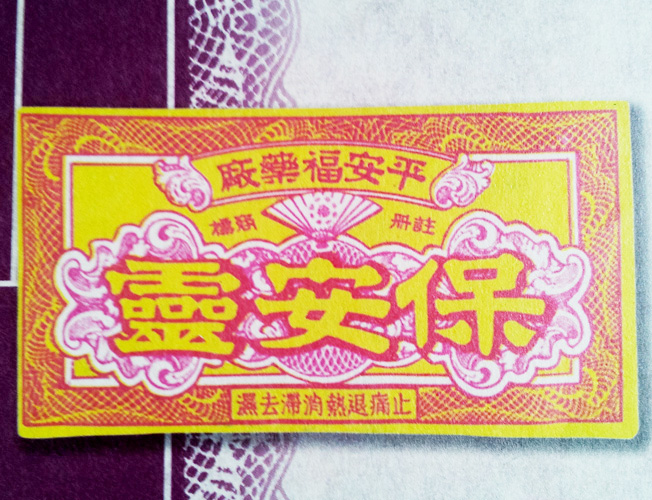Traditional Chinese Medicine (TCM) has long been associated with a sense of mystique; experts examine the human body as a system while giving diagnoses based on a universal view. TCM relies on deep, sensory-based diagnostics: subtle pulse readings, tongue observations, and an intuitive sense of balance within the body. It’s a practice that dates back centuries, and along with it comes much skepticism, especially from Western views, and what has universally been deemed as “scientific” or “modern.”
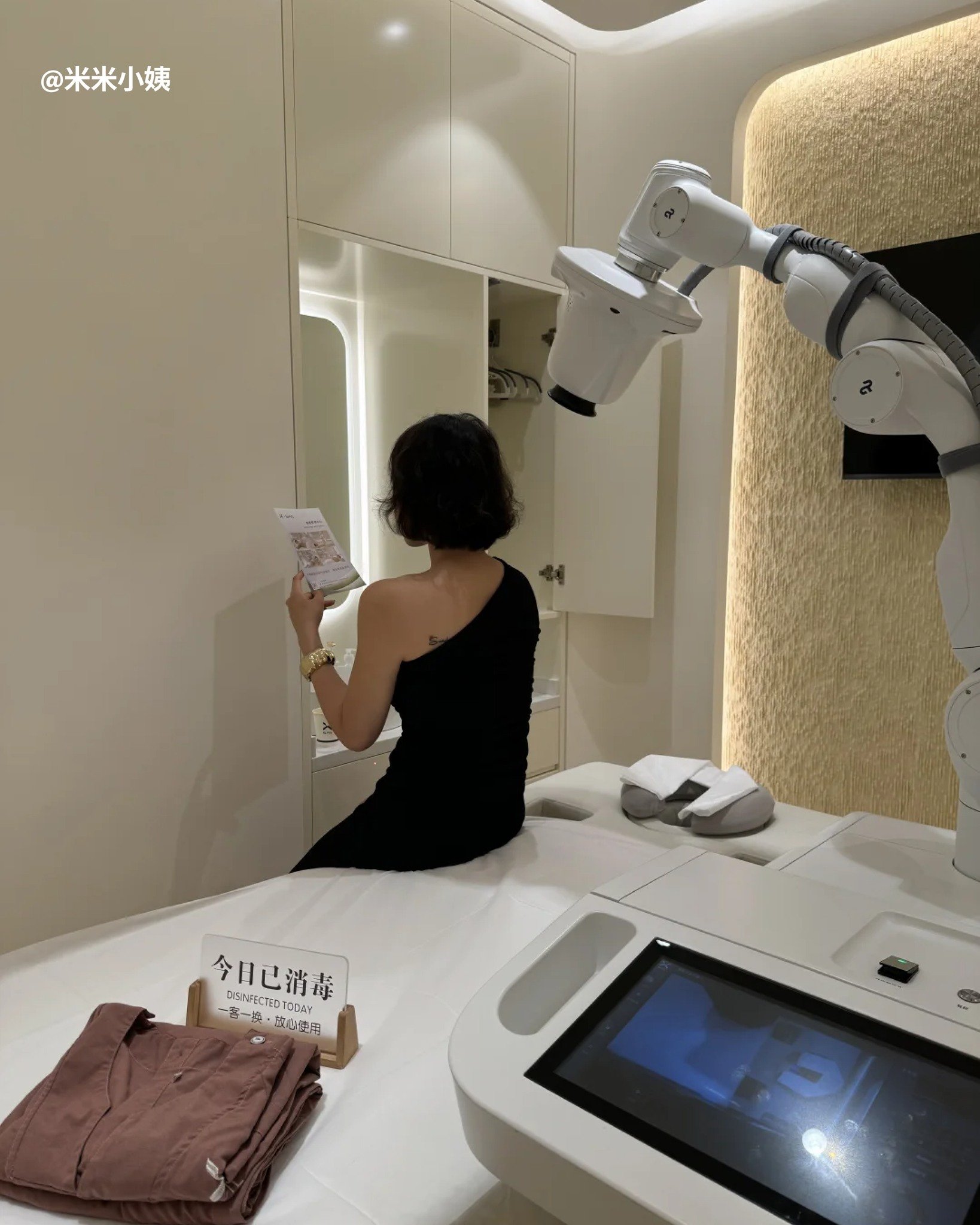

Well, TCM is now bringing its own “modernity” to the table. In recent advancements within the TCM industry, the frontier of technology—AI—is now engaging aspects of TCM. But it’s not here to challenge traditions, but rather to enhance and assist them.
Across China and increasingly in global wellness clinics, artificial intelligence is being woven into TCM practice. Hospitals are using AI-powered pulse diagnosis machines that translate centuries-old tactile techniques into quantifiable data. In some clinics, algorithms suggest acupuncture or moxibustion (艾灸) points based on symptom patterns, speeding up diagnostic decisions while maintaining the personalized approach TCM is known for.
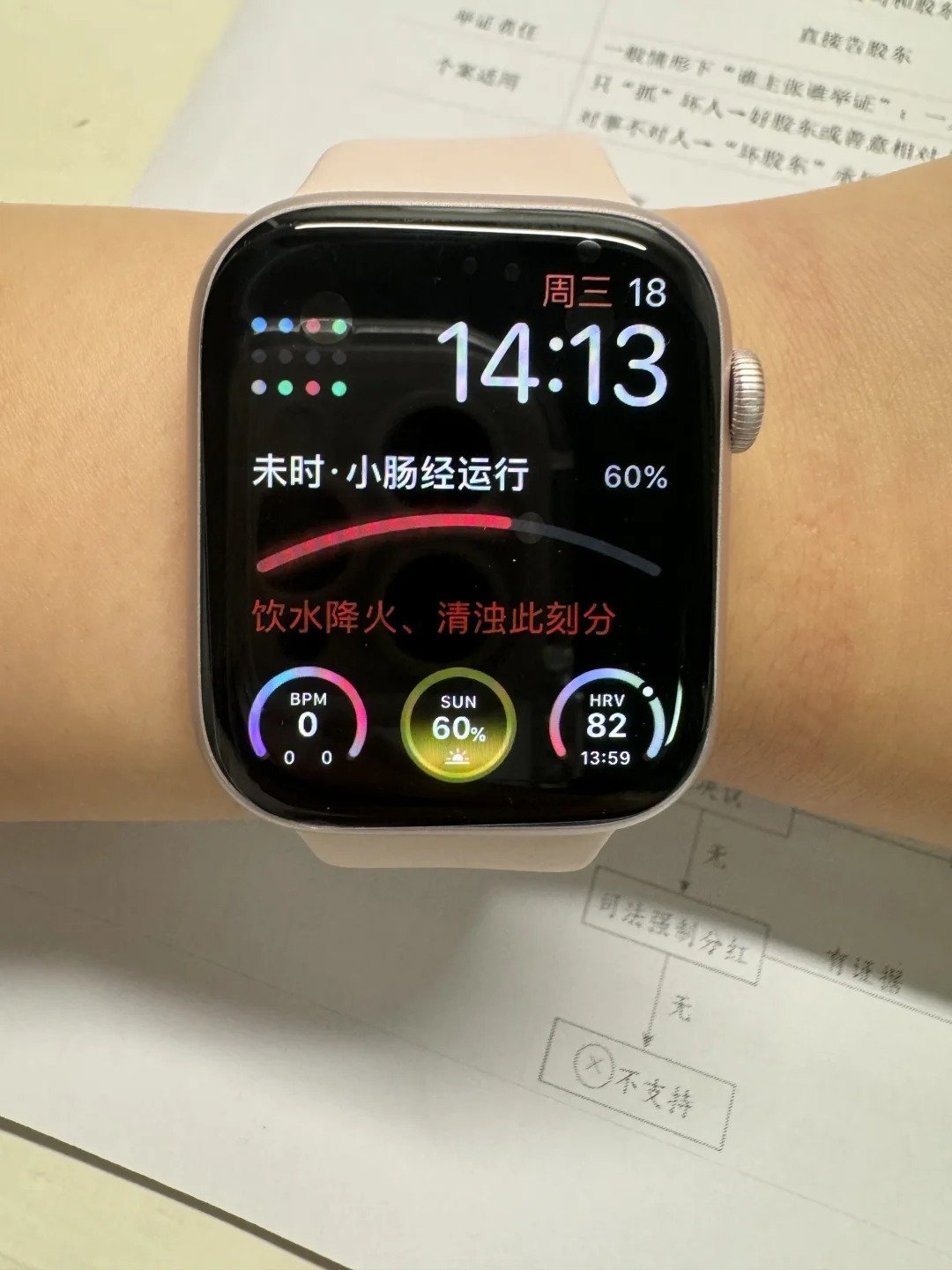
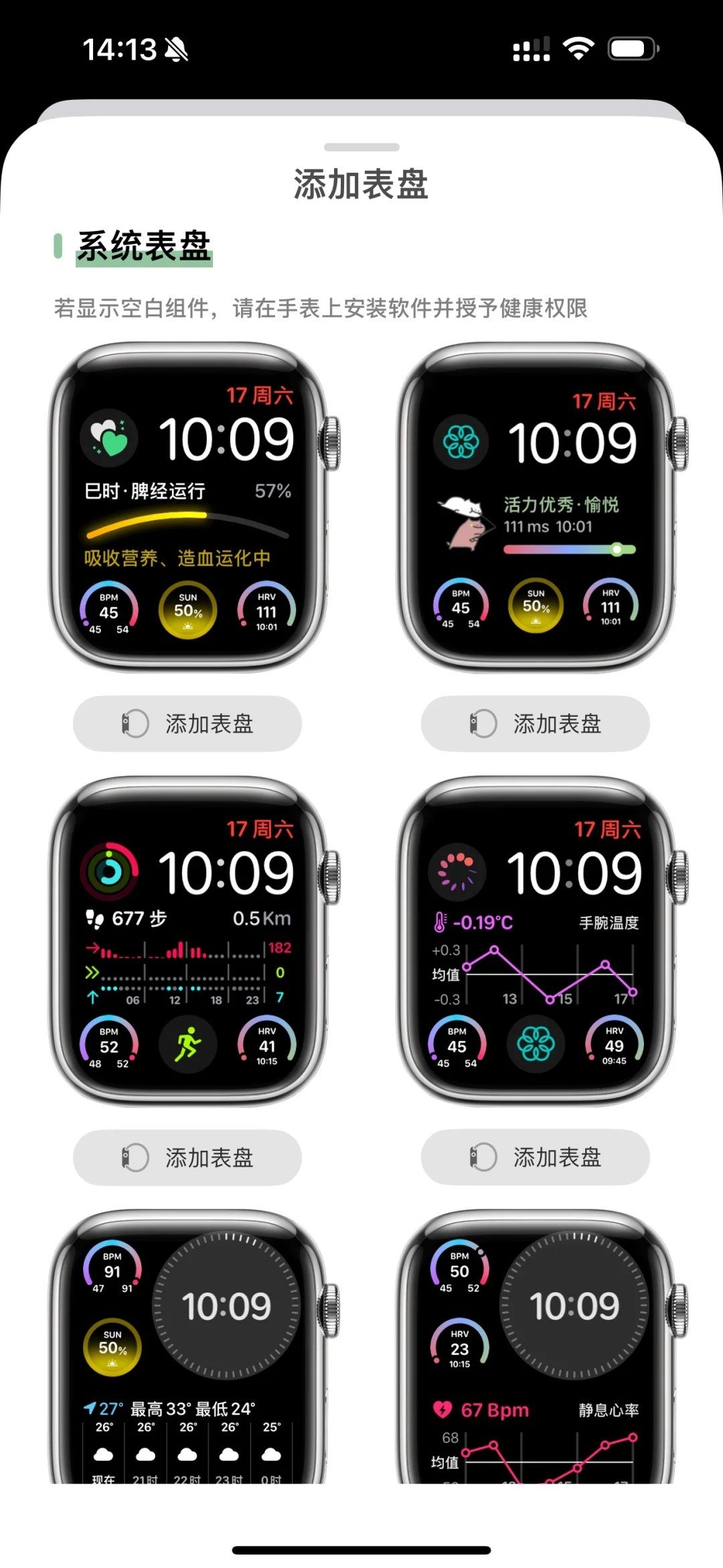
Even wearable technology is playing a role. Some health apps, synced with smartwatches, track real-time changes in heart rate variability, sleep, and stress levels—metrics that practitioners then incorporate into daily lifestyle advice, much like how TCM traditionally treats the “whole person,” not just the illness.
In classrooms, students now train alongside AI tools, learning to integrate ancient practices with 21st-century precision. In clinics, it’s not uncommon to see a practitioner with one hand on a patient’s wrist and the other checking real-time biometrics on a screen.
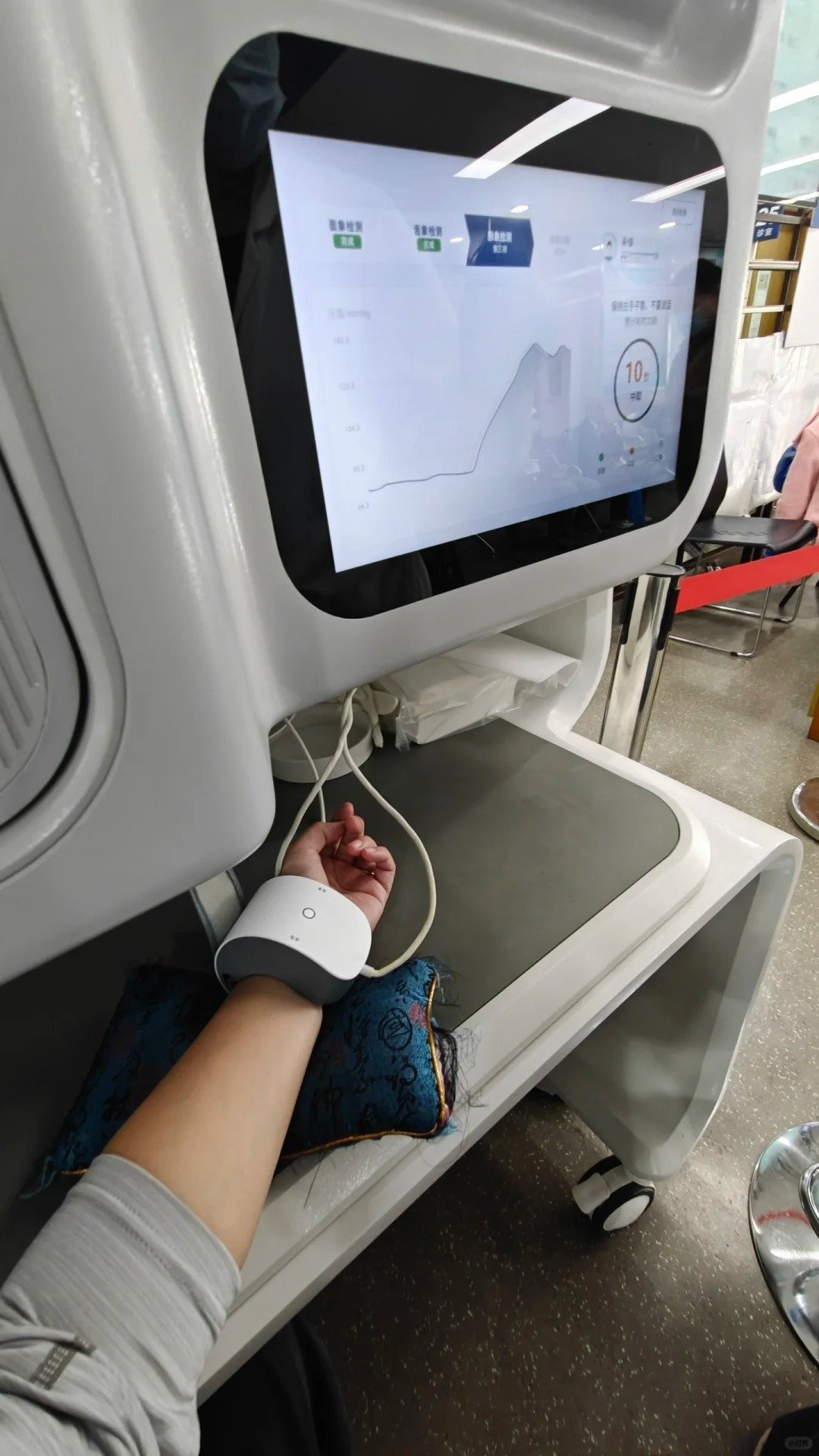
A new synergy is unfolding—one where wisdom and technology don’t compete but collaborate. While some can see clear value in this mix of ancient and futuristic, others would argue that the two should never mix. What do you think? Feel free to comment your thoughts or opinions on our Can Algorithms Understand Chi? Instagram post here.
Cover image via Elizabeth Woyke.






